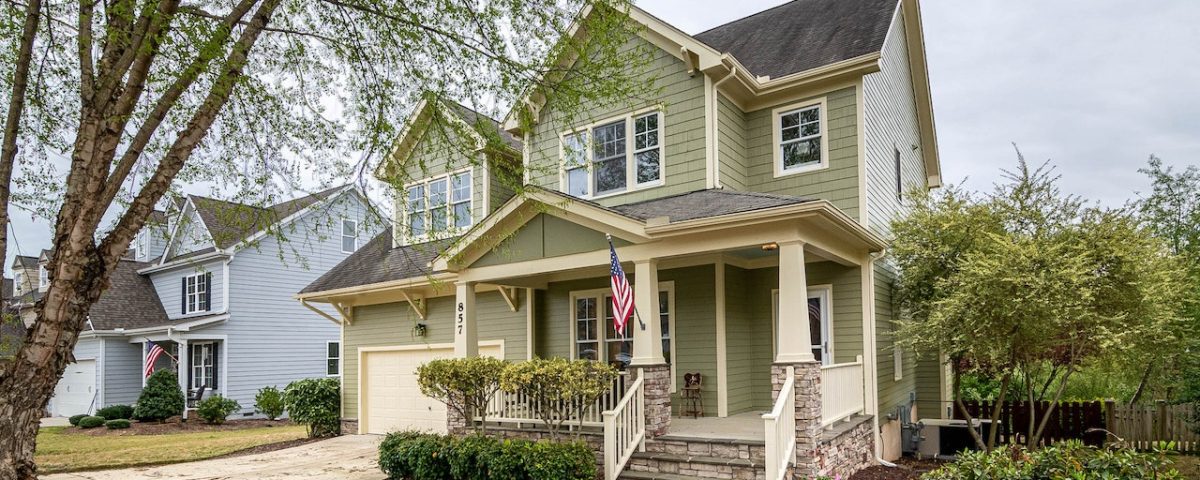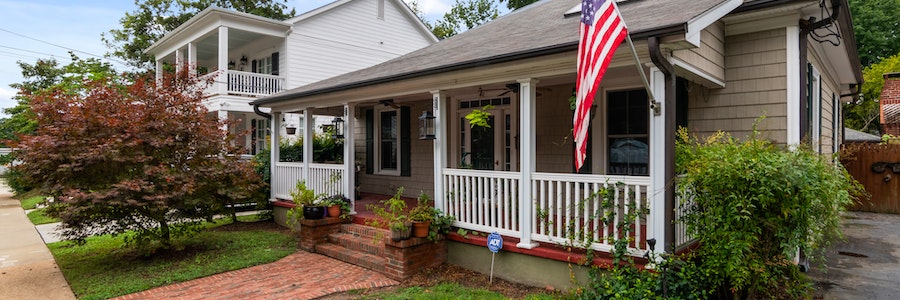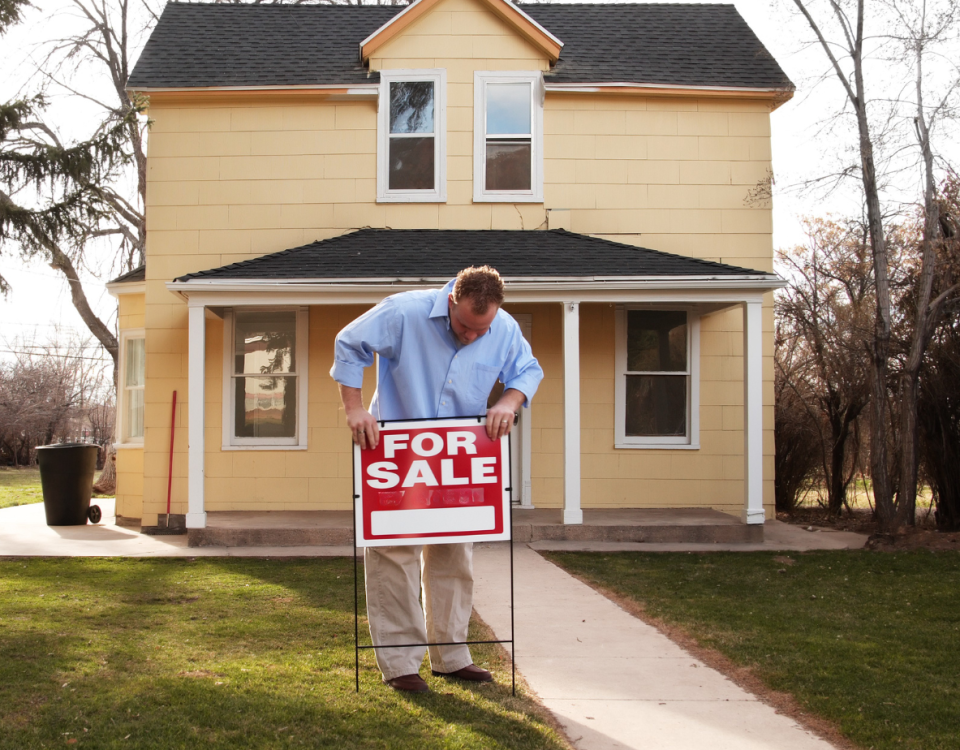How To Maximize Your Real Estate Investments

Most Desirable Features In A Rental Property
September 13, 2022
5 Questions To Ask Before Purchasing an Investment Property
November 29, 2022How To Maximize Your Real Estate Investments

Top Tips To Maximize Your ROI
Real estate is a terrific way to build wealth, and becoming a successful real estate investor can lead to financial independence. Real estate often has better cash flow than stocks. But it’s essential to avoid missteps that can transform many property investment aspirations into nightmares.
Investing in real estate requires discovering a solid investment opportunity. Real estate investing might seem risky at times, depending on the economy and housing market, but savvy real estate investors seize opportunities as they find them. The key to successful real estate investing is having an open mind.
Here are some things to remember when making the most of your real estate investments.
1) Choose Your Market Wisely
Your investment purchase’s success depends on your local real estate market. Every real estate market is at a slightly different phase of its housing cycle due to changing economic conditions. Look for expanding markets with rising sales and prices, good affordability, low construction, and increasing capital investment.
Focus on the property’s market location for real estate investing success. Invest in high-density, emerging areas with all necessary amenities. In particular, keep an eye out for the following:
- Good schools
- Family-friendly, walkable neighborhoods
- Low crime rate
- Presence of public parks
- Convenient public transportation options
- Access to medical care
- Nearby shopping and restaurants
Avoid areas relying on limited economic drivers. For example, while a single international manufacturing facility or central distribution hub can support a community, the entire area is at significant risk for economic collapse if it shuts down for whatever reason.

2) Learn the Market
Knowing the local real estate market will help you be able to price an investment property. For example, knowing the average house price per square foot and the rent you can charge for an investment property, you’ll know how much you can expect to earn back in a resale or renting situation. You’ll also learn how much to renovate to attract buyers or renters.
For instance, In a family-friendly environment, never lower bedroom count. If you’re in a family neighborhood, don’t sacrifice closet or bath space just to fit a hot tub that would rarely be used. Save that for areas aimed at young professionals who are not looking for a family home.
3) Look for Hidden Markets
Look for situations in which a property is brought to market by a distressed seller. You can likely get the property for below market value but not have to deal with the same number of repair needs you’d see with a foreclosure sale. This will require you to pay attention to what’s happening in the neighborhood or work with a broker with a nose for these kinds of opportunities.
4) Know Your Costs
This is more than simply knowing about sales costs and realtor commissions. It also means knowing how to budget for things like foundation repairs, electrical and plumbing work, pest removal, roof repairs, or any other expense involved with improving a property’s resale value or rental desirability.
While it may seem tempting to do a lot of this yourself, DIY work can often lower a home’s value—mainly if there are problems keeping things up to code.
It would be best to consider other costs, such as utilities, closing expenses, and insurance.

5) Managing Financial Risks
Real estate risk can be managed in numerous ways. First, avoid debt. Put 10% down when buying an investment property. If you can work 20%, that would be better as it eliminates private mortgage insurance and frequently lowers loan interest rates. Second, keep cash on hand. If you have the funds to carry the property, you won’t have to sell it quickly at a loss.
Also, having cash in reserve means you can pay for unanticipated repairs before reselling. While borrowing money to fix a house from a hard money lender is possible, the hefty interest rate will cut your earnings.
6) Be Aware of Local Rules and Regulations
Don’t turn a basement into a second rental unit before checking that it’s allowed. Consult local zoning regulations before turning the first floor into a commercial space. And if you are putting in a retail space, ensure it meets food service standards if you expect to draw food-related businesses.
Don’t assume your property can be just because you see room for expansion. Checking what the zoning regulations are and what permits you’ll need.
7) Consider Alternative Real Estate Investments
Real estate investing isn’t limited to single-family homes and apartments. Office buildings, storage units, industrial space, and warehouses are suitable investments. All can be rental properties. In offices and industrial buildings, a triple-net lease where the tenant pays basic insurance, property taxes, and upkeep can work to lower overall expenditures. As a result, your investment generates regular cash flow with negligible costs.
You could even think outside the box and reserve a corner or a commercial space to rent to a bank for an ATM vestibule or a town or city for a parking validation machine.
8) Constructing a Solid Property Investment Plan
Investing in property can be a great way to generate income—either for resale profit or as a monthly rental income. Although the entire process calls for thoughtful planning, the benefits of real estate investment can be substantial. Embarking on one often leads to more assets and more profits.
If you have questions, a knowledgeable and professional rental investment advising service can greatly help. Contact the Henderson Investment Group today to find out more.




